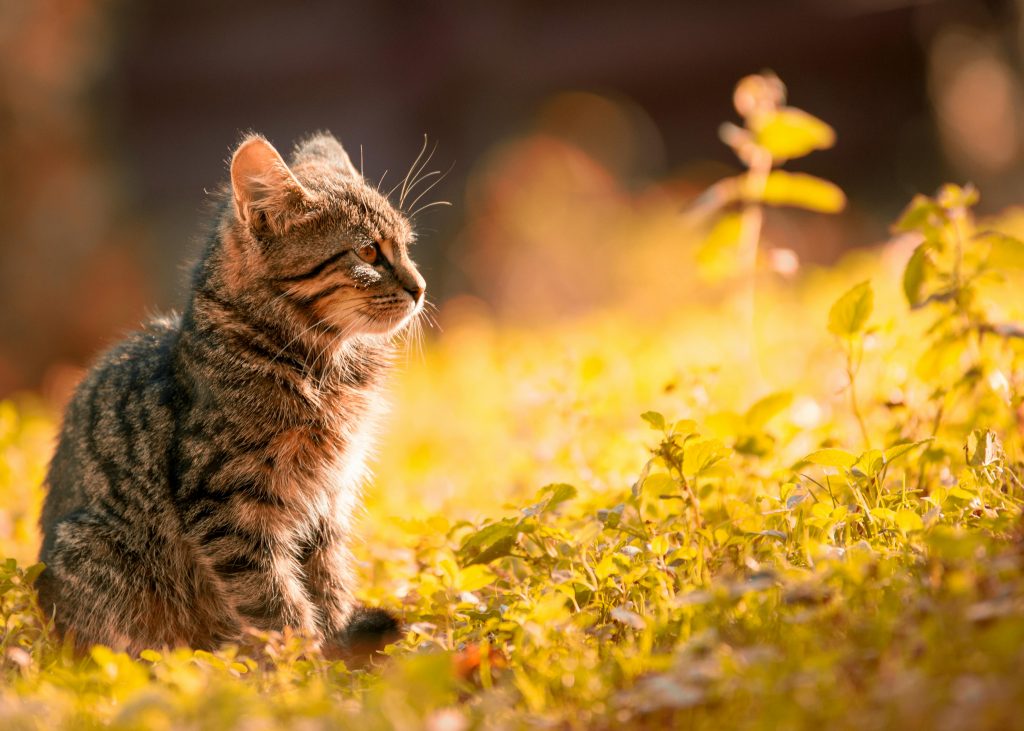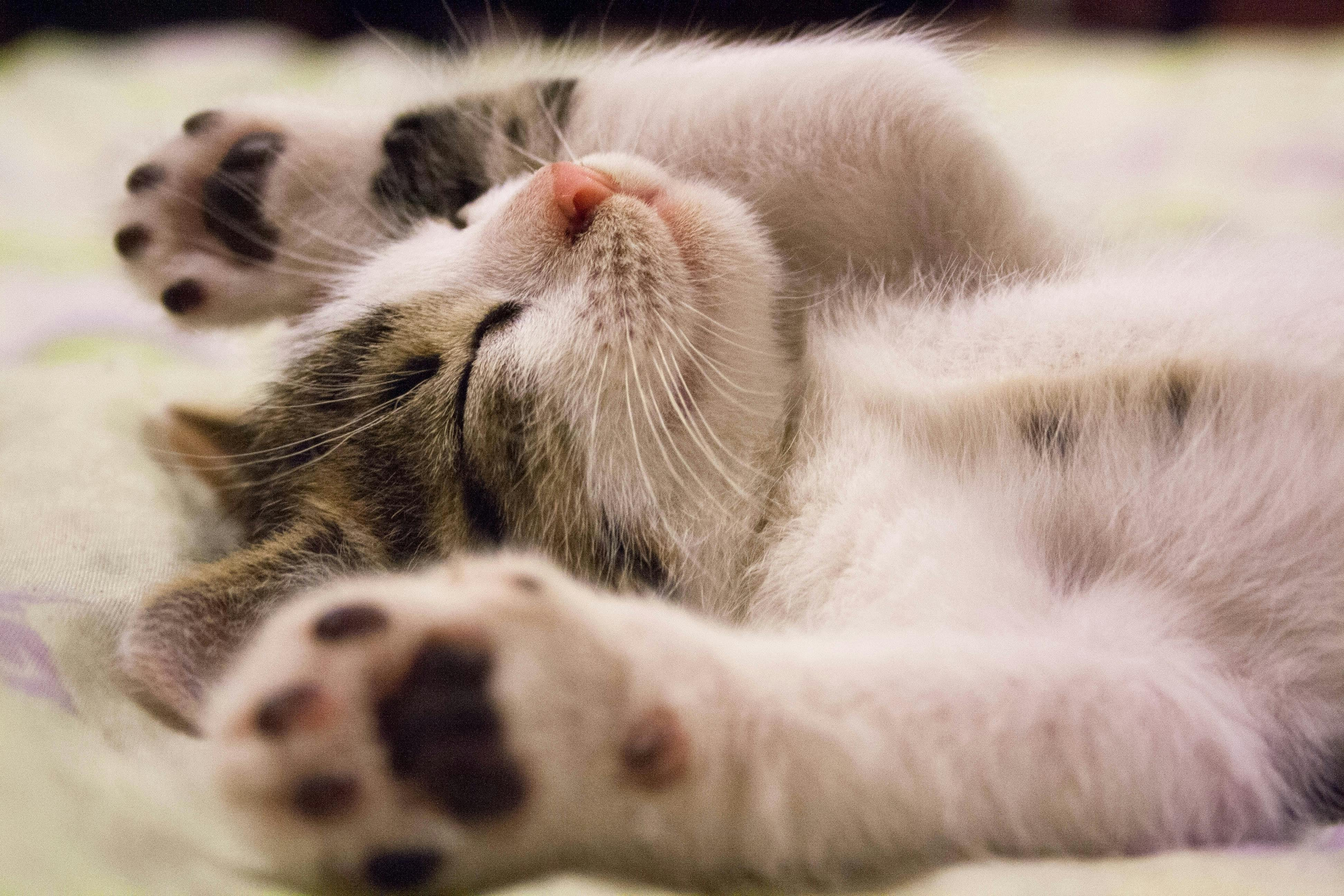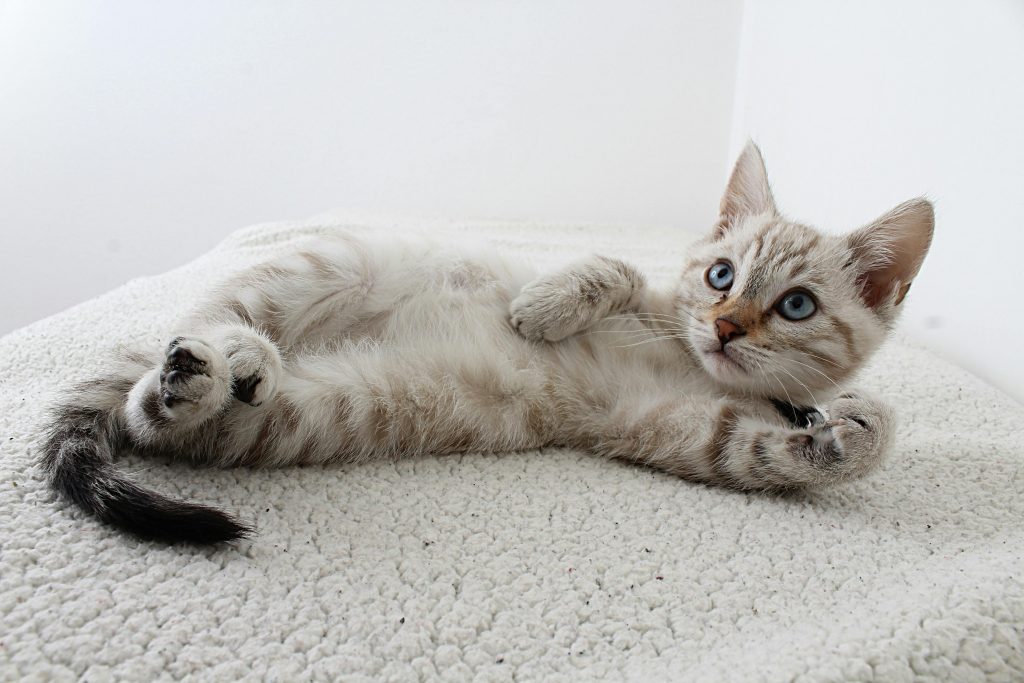The urinary system of cats is extremely delicate and prone to various conditions, which is why many pet owners seek reliable information about its health. Bladder problems, kidneys, or urinary stones are quite common issues that can significantly affect a cat’s quality of life. In this article, we answer the most frequently asked questions about the urinary system of cats.
What Are the Most Common Urinary Problems in Cats?
The most common urinary system conditions in cats include:
- Feline Idiopathic Cystitis (FIC) – A disease of unknown cause, related to stress and diet.
- Urinary Stones – Formation of stones in the bladder, which can cause painful urination.
- Urinary Tract Infections (UTIs) – Less common than in dogs, but they can cause discomfort.
- Chronic Kidney Disease (CKD) – Common in older cats, leading to a gradual weakening of kidney function.

What Are the Symptoms of Urinary Problems in Cats?
Symptoms of urinary system diseases can vary, but the most commonly observed include:
- Frequent urination in small amounts,
- Urinating outside the litter box,
- Vocalization (meowing) during urination,
- Presence of blood in urine,
- Apathy and loss of appetite,
- Excessive licking of the genital area,
- Difficulty urinating or complete inability to urinate (requires immediate veterinary intervention!).
What Causes Urinary Problems in Cats?
Various factors can contribute to urinary system diseases, such as:
- Diet – Food rich in carbohydrates and low-quality ingredients can promote the formation of urinary stones.
- Hydration – Cats naturally drink little water, which can lead to concentrated urine and bladder problems.
- Stress – Sudden changes in the environment, new household members, or insufficient litter boxes can lead to cystitis.
- Genetic Predispositions – Some breeds, such as Persians, are more prone to kidney diseases.
How to Prevent Urinary Problems in Cats?
To maintain a healthy urinary system in cats, follow these guidelines:
- Provide a proper diet – Choose high-meat, wet foods that support hydration.
- Encourage water intake – Cat fountains, water bowls placed around, and water additives can help.
- Ensure an adequate number of litter boxes – Ideally, there should be one more litter box than the number of cats in the household.
- Avoid stress – Provide a stable environment, hiding spots, and regular playtime.
- Regular veterinary check-ups – Early detection of problems increases the chances of effective treatment.
What Treatments Are Used for Urinary System Diseases?
Treatment depends on the diagnosis and may include:
- Diet Change – For urinary stones, specialized diets that dissolve stones are used.
- Anti-inflammatory and Pain-relieving Medications – Help with cystitis.
- Antibiotics – If the problem is caused by a bacterial infection.
- Veterinary Procedures – In extreme cases, surgery may be necessary to remove urinary stones.
Taking care of a proper diet, hydration, and the cat’s comfort can significantly reduce the risk of urinary problems. If you notice any worrying symptoms, do not delay a visit to the veterinarian – your pet’s health depends on a quick response! If you want to take care of your cat’s urinary health, choose our urinary care drink for cats.


